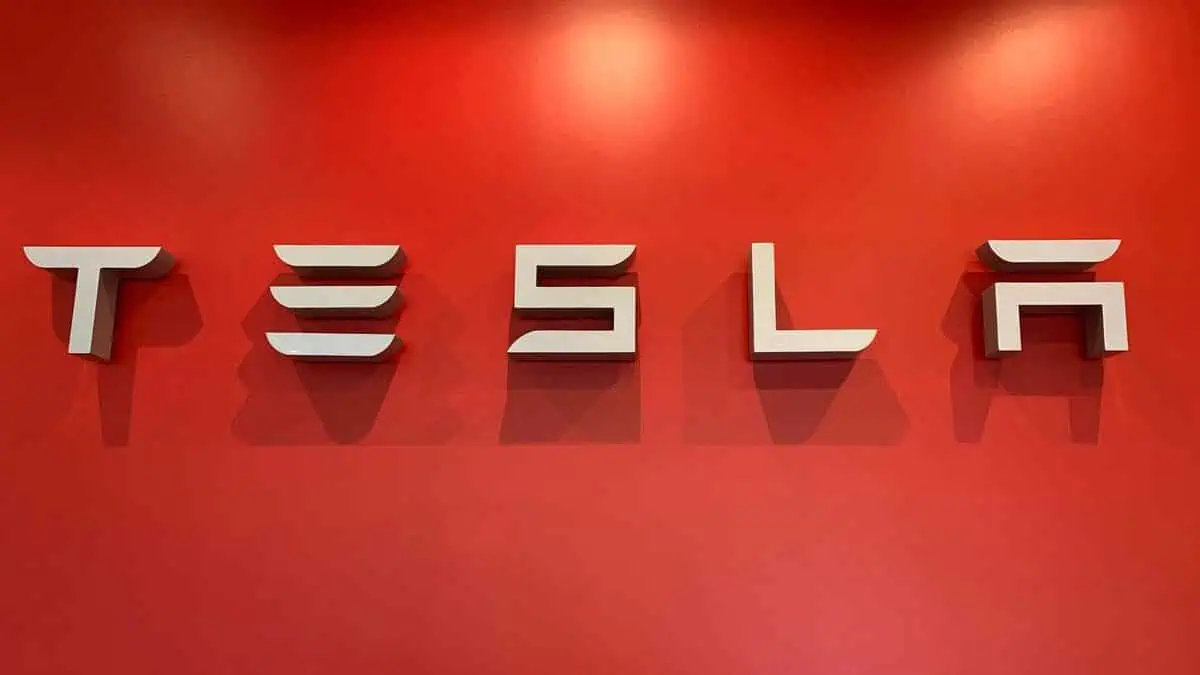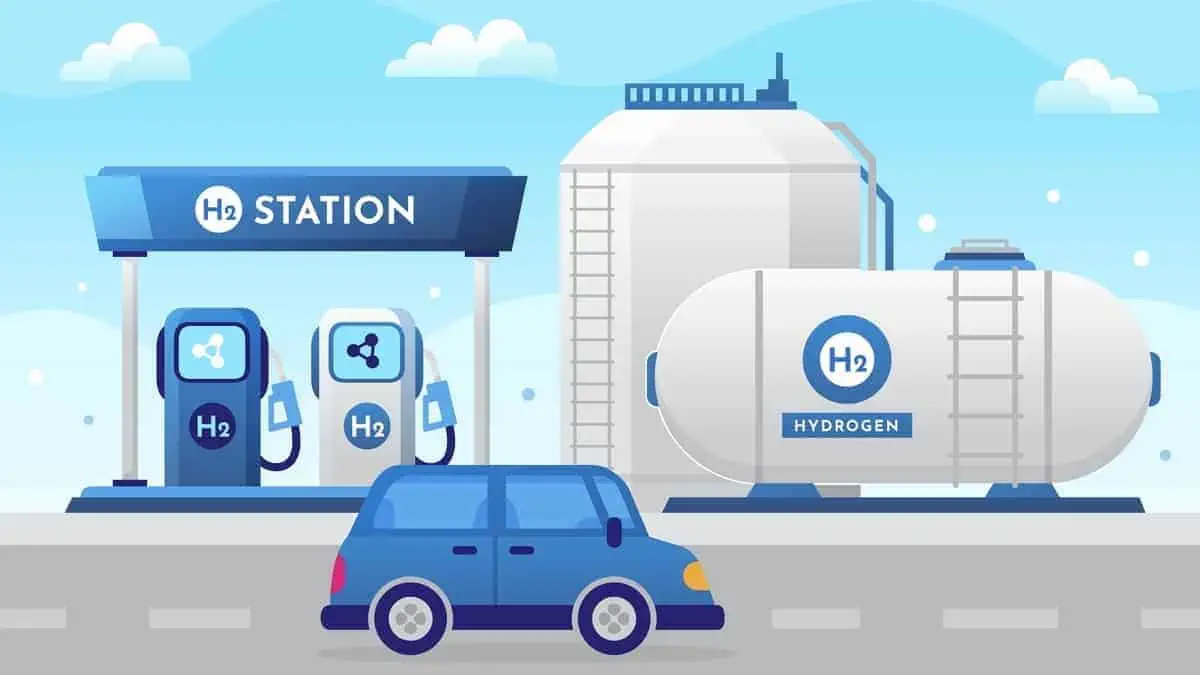The Indian government has once again assured its homegrown automakers that it has no plans to offer special treatment to any potential investor, even to American pioneer Tesla.
Indian government promotes a level playing field for all OEMs
India will not develop its electric vehicle policies to benefit any one company, Mint reports, citing Commerce and Industry Minister Piyush Goyal’s remarks in an interview with PTI.
According to the Minister, the government will design the laws and tariff rules for the electric vehicle industry to entice all battery-electric vehicle makers across the world to invest in local manufacturing in the country.
“Everybody is free to make their demands. But that does not mean that the government will necessarily take a decision (based on) what you demand.”
Piyush Goyal, Commerce and Industry Minister
Minister Goyal disclosed the country’s ongoing development of several initiatives, where the ministry is currently having “inter-ministerial (consultations) and a dialogue with the stakeholders, with potential investors from across the world from Europe, the United States, the Far East, Japan, Korea and more.”
Tesla’s request
Minister Goyal’s remarks were in response to a growing concern about the government’s potential favor to Tesla, as the American electric vehicle giant is considering India for its next Gigafactory project.
For context, Tesla is asking the Indian government for an initial tariff concession to offset 70% of customs duty for electric vehicles priced below $40,000 (about Rs. 33 lakh) and 100% for higher-value models.
The Musk-led company has been trying to negotiate with Indian officials for tariff concession as a precondition to investing in a local production plant, while the government inflicts high tariffs on vehicles to expand domestic manufacturing.
India’s expanding EV market
India’s efforts in expanding its electric vehicle industry are crucial to its goals of cutting CO2 emissions in the transportation sector and establishing a vibrant EV ecosystem, paving the way for more sustainable mobility.
“We recognise that India must have a vibrant electric mobility ecosystem. We recognise that it has multifarious benefits to grow towards electric mobility. Not only will it help us in our fight against climate change, it will also improve the environment and lower pollution levels, particularly in cities, which largely suffer because of the ICE (internal combustion engine) or the petrol-diesel fumes that are thrown out.”
Piyush Goyal, Commerce and Industry Minister
The government expects its electric vehicles’ annual sales to grow to 1 crore units by 2030, generating five crore direct and indirect jobs to boost the country’s economy.
For reference, the industry estimates that total electric vehicle sales have already reached about 10 lakh units in 2022, with Tata Motors leading the transition with more than 70% market share.






